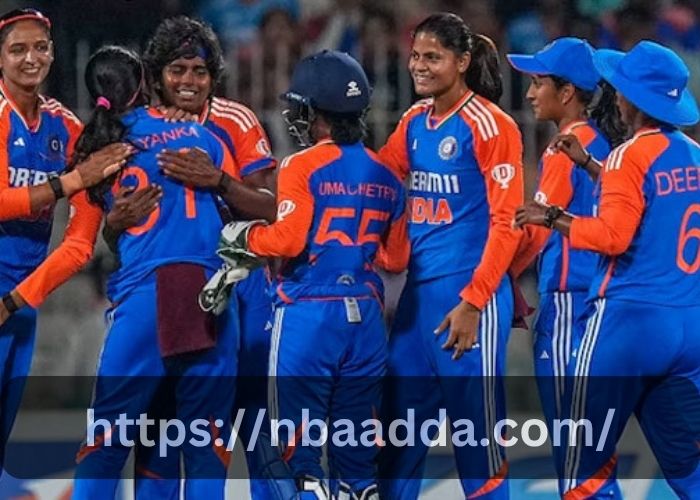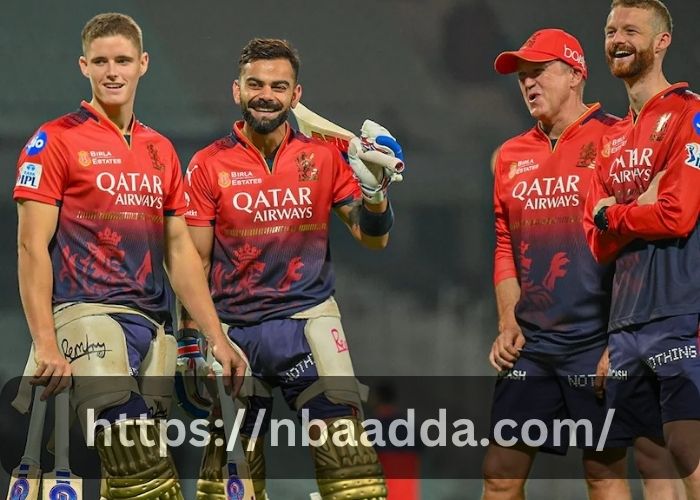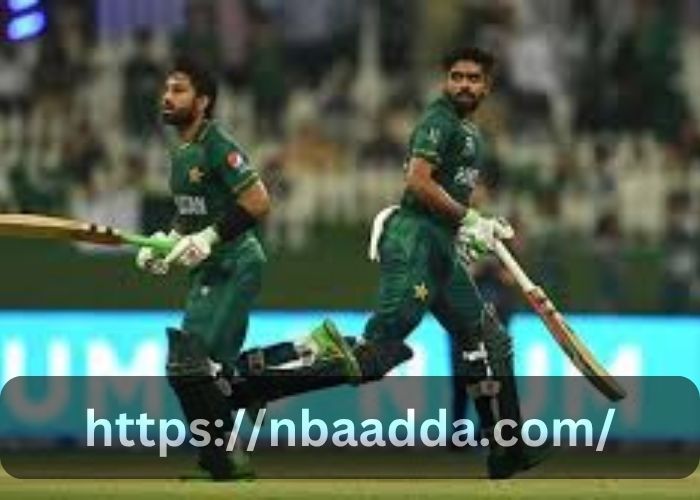The 1973 Women’s World Cup changed not just cricket but sports activities worldwide. This event empowered female athletes and marked a golden age of women’s sports. Thanks to players such as Rachael Heyhoe Flint and Enid Bakewell’s courage, women’s cricket witnessed an enormous boost.
Now, with WPL, ICC tournaments and global visibility of women’s cricket becoming an ever-increasing factor, women’s cricket is at its height.
| Date | Match | Venue | Result | Winner |
|---|---|---|---|---|
| 28 July 1973 | England Women vs Australia Women (Final) | Edgbaston, Birmingham | England Women won by 92 runs | England Women |
| 25 July 1973 | Australia Women vs New Zealand Women | Bradford | Australia Women won by 31 runs | Australia Women |
| 24 July 1973 | England Women vs Jamaica Women | Birmingham | England Women won by 8 wickets | England Women |
| 21 July 1973 | New Zealand Women vs Trinidad & Tobago Women | Bradford | New Zealand Women won by 136 runs | New Zealand Women |
| 20 July 1973 | Australia Women vs Young England Women | Birmingham | Australia Women won by 7 wickets | Australia Women |
It was the first World Cup for women
The inaugural World Cup for women was an inspiring and amazing event that set the foundation for future female athletes. For the first time, women’s sports were given equal prominence with men’s, making a profound change to how people perceived female athleticism and ticket sales/media coverage/merchandise sales for the team – helping increase participation by girls as well as promote equality in sports participation.
India outwitted South Africa at Dr. DY Patil Sports Academy to win the 2025 ICC Women’s World Cup by 52 runs, creating one of the greatest moments in tournament history and unforgettable memories for years to come. Shafali Verma’s fearless batting and vital breakthroughs with the ball helped India achieve victory; she was recognized with Player of the Match honors. This tournament was an immense success that was watched by millions worldwide.
Even without funding and sponsorship, it was an incredible achievement for women’s teams to compete on such an international platform. The event changed how people saw women’s sports, inspiring numerous federations to establish ladies divisions of their own.
Despite early struggles, the World Cup has grown into a lucrative industry generating revenue for host countries and increasing interest among female players worldwide. Women’s football has seen tremendous growth thanks to this competition, inspiring young girls from across the nation to take up playing football and benefit from leading an active lifestyle. Women’s cricket has seen new opportunities become available thanks to WPL and ICC women’s tournaments, giving the sport increased global exposure. The World Cup’s growing popularity has resulted in increased ticket sales and viewership figures as well as merchandise sales for women’s teams, helping promote gender equality in sports, an aim of FIFA.
It was a global event
The Pehla Women’s Odi World Cup not only served as a sporting event but was also seen as a movement. It sent out a powerful statement that declared women belong in international cricket while altering how sports fans view female athletes. Since then, women’s cricket has flourished by producing champions and breaking records – galvanizing millions across the globe!
The tournament marked a turning point in female cricketers being recognized as experts rather than amateurs, thanks to Rachael Heyhoe Flint and Enid Bakewell who pioneered women playing with equal passion as men – inspiring other sports federations to start women-only divisions.
India Women defeated South Africa Women in an exciting final at Dr. DY Patil Sports Academy in Navi Mumbai. A key contributor to their victory was Shafali Verma’s fearless batting and critical wicket-taking, particularly her performance during this historic tournament’s grand final where she scored an astonishing 87 off 78 balls with seven fours and two sixes to help lead her team to glory.
It was a movement
The 1973 World Cup in England wasn’t just another tournament; it revolutionized cricket and women’s sports forever. Thanks to Rachael Heyhoe Flint and Enid Bakewell, women finally earned their rightful place as competitors on an international platform. This event significantly altered perceptions about female athletes while inspiring many federations’s to create women-specific divisions.
Since 2010, the ODI Women’s World Cup has taken place every four years, providing teams from around the globe with an opportunity to display their talents and compete head-on against one another. At these tournaments, fans get to witness some of cricket’s finest female cricketers as they take the field, encouraging more girls into cricket!
India will host the ICC Women’s World Cup this year in Mumbai and it promises to be an intensely competitive tournament with 14 teams competing over one month. Shafali Verma stands out among them, being an inspiration for young Indian cricketers through her fearless batting and impressive bowling techniques.
It was a revolution
The 1973 Women’s ODI World Cup held in England was more than an event; it was a revolution. Through Rachael Heyhoe Flint and Enid Bakewell’s bravery, this tournament changed both cricket and girls’ sports activities forever.
Since its inaugural event, the ODI World Cup has taken place every four years, featuring teams from around the globe. It serves as a fantastic platform for female athletes to showcase their abilities and provide inspiration to young players looking to develop. Furthermore, fans are given the chance to see their favorite team compete head to head.
This tournament has grown into the world’s largest sporting event for women, featuring 24 teams from around the globe. It provides fans a fantastic spectacle and opportunity to show your support for women’s cricket; featuring round robin matches followed by semi-finals and ultimately, final. In 2019, New Zealand will play host as Eden Park in Auckland will host it from 20 June – 28 July; expect lots of cheering fans at Eden Park as this world-class venue highlights women’s cricket’s strength!




